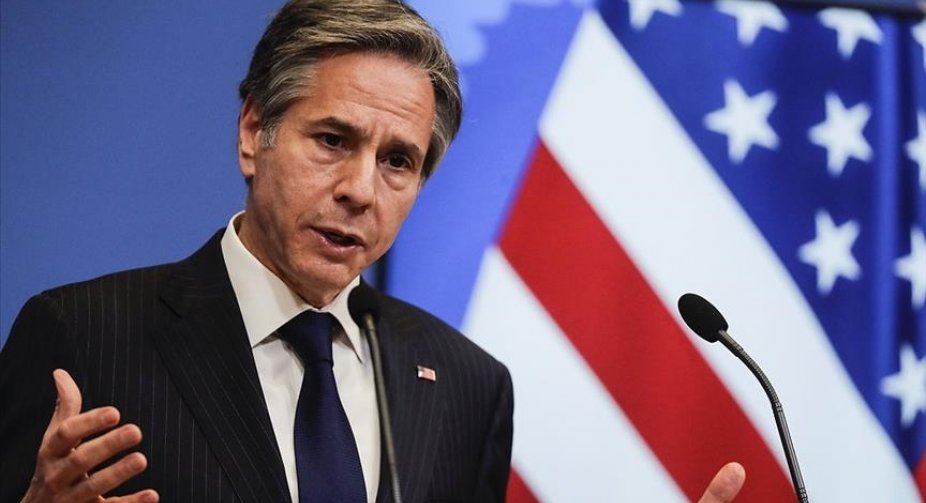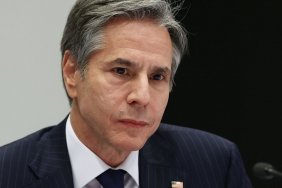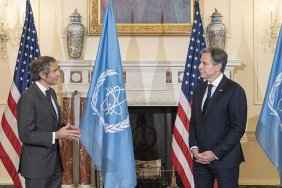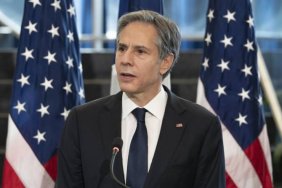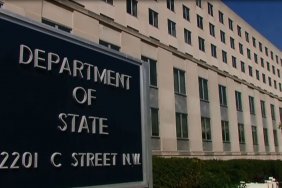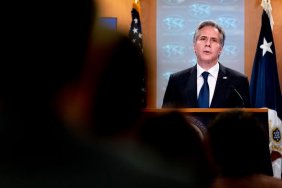U.S. Secretary of State Anthony Blinken criticized Russia for the nuclear blackmail the Kremlin has resorted to during a full-scale war against Ukraine.
These statements were made in Blinken's speech at the Nuclear Nonproliferation Treaty Review Conference.
Among examples of threatening behavior, the secretary of state mentioned the DPRK, Iran, and finally the Russian Federation.
"Russia has launched a full-scale invasion of Ukraine and has resorted to irresponsible, dangerous threats with a nuclear button - its president has warned that those who support protecting Ukraine, quote, 'risk consequences ... you've never seen before in your history,'" Anthony Blinken noted.
He stressed that Russia's aggression against Ukraine is a blatant violation of international law and the rules-based global order that everyone is trying to preserve.
"But even more critically-and this is directly related to the theme that brought us together at this conference-that these actions also contradict the guarantees it (Russia) gave Ukraine in 1994 under the so-called Budapest Memorandum, guarantees of respect for Ukrainian sovereignty and independence that were instrumental in making Ukraine decide to give up its nuclear arsenal it inherited after the collapse of the USSR...What message does this send to any country in the world? Everybody can think that they need to have nuclear weapons to defend themselves and to avoid aggression against their sovereignty and independence," Blinken noted.
The secretary of state also noted that Europe's largest nuclear power plant, Zaporizhzhia, remains under the control of Russian occupation forces.
"Russia uses the nuclear power plant as a military base and fires on Ukrainians from there, knowing that they cannot and will not fire back because they might accidentally hit the nuclear facilities, the reactor or the radioactive waste storage facility. This takes the notion of using the human shield to an entirely different and terrible level," said Anthony Blinken.
"The U.S. believes that all countries with nuclear weapons have an obligation to act responsibly. For our part, we have chosen to act with restraint and avoid steps that might inadvertently increase tensions - such as abandoning previously planned tests of intercontinental ballistic missiles and not increasing the readiness of our nuclear forces in response to Russian 'weapon rattling.' There is no, no place in our world for nuclear deterrence based on coercion, intimidation and blackmail. And we must work together to counter such a thing," the U.S. secretary of state stressed.
As Ukrainian President Joe Biden stated that he is ready to sign a new nuclear arms control treaty with Russia to replace the current Strategic Arms Reduction Treaty (START III) that expires in 2026.
